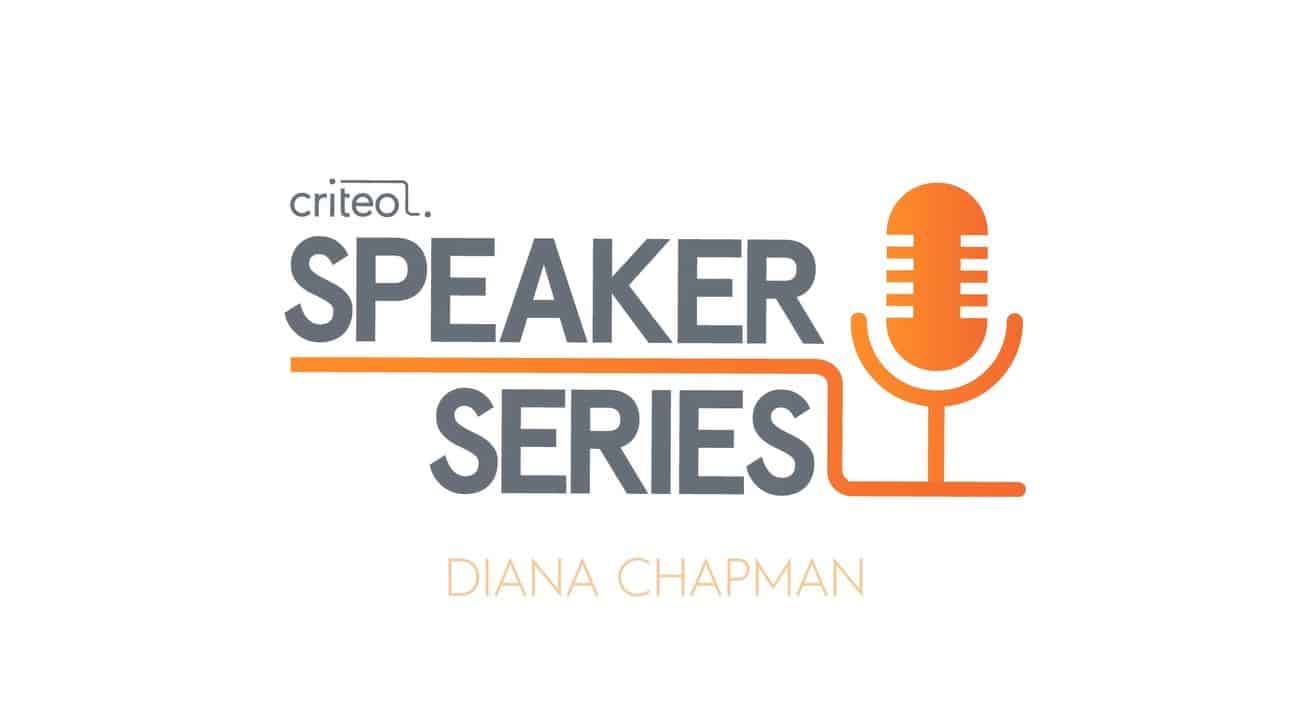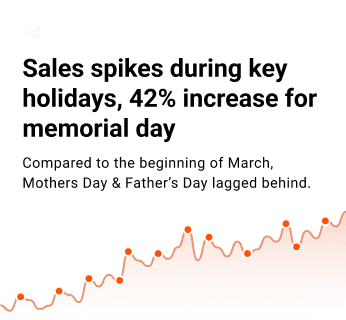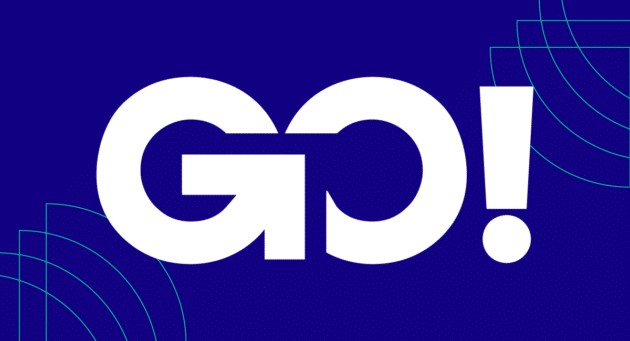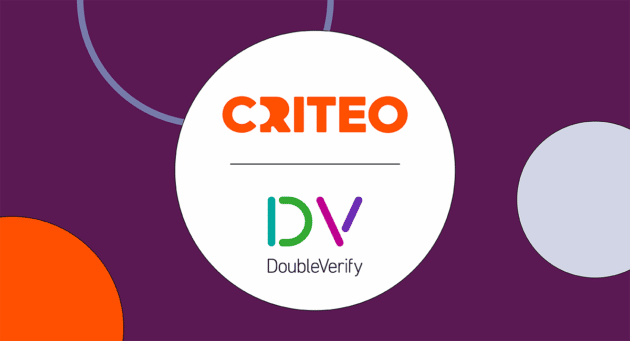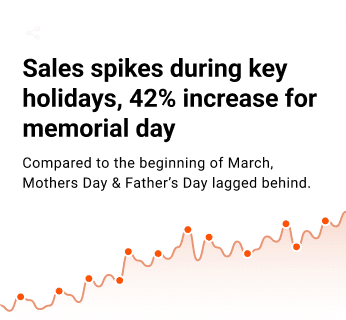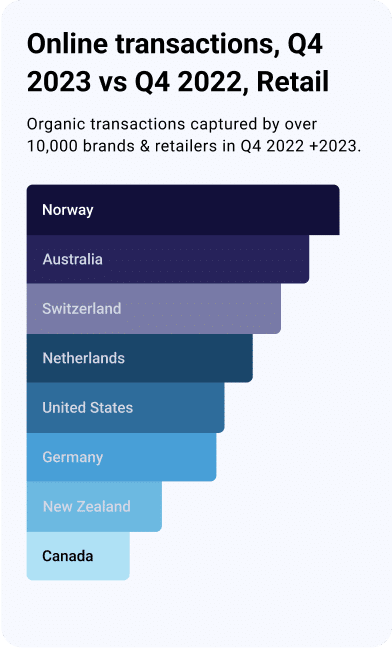Criteo’s Speaker Series is a monthly series featuring a variety of different speakers in business who come to share their knowledge with the company in person and across all of our offices via livestreams. We are excited to announce that this month’s speaker is Diana Chapman. Chapman will be discussing “Conscious Leadership” in Criteo’s Boston office on October 9.
In 1997, Diana Chapman was a stay-at-home mom teaching scrapbooking in Ann Arbor, MI — “as mainstream a life as they come,” she says. Then her brother-in-law, the CEO of Monsanto at the time, gave her a gift that would transform her life: $5,000 to use as she pleased. She had always been interested in personal development and human consciousness, so when he made the suggestion that she use the money to learn from the best coaches he knew, psychologists Gay and Katie Hendricks, she jumped on the opportunity.
After studying with the Hendrickses for a decade and taking their work into a business context, Chapman is now one of the world’s foremost experts on conscious leadership. In 2014, she co-authored the influential book “The 15 Commitments of Conscious Leadership,” and later co-founded the Conscious Leadership Group, a coaching and consulting business. Her mission is to help individuals, teams, and organizations learn how to eliminate drama and suffering from their individual and collective lives.

For those who haven’t read it, what is “The 15 Commitments of Conscious Leadership” about?
We say that in any given moment you’re either in a state of trust or you’re in a state of threat. We’re wired to be in a state of threat. That’s a natural state for us. But once we’re handling our survival needs, we can learn to handle longer and longer periods in a state of trust. If you’re in a state of trust, the positive side of that is that you eliminate suffering and drama. The book is all about helping you learn to practice living more from a state of trust — what we call “above the line.”
How do you define conscious leadership?
I say “conscious” is “to be here now,” which most people aren’t. To be here now in a non-triggered, non-reactive state. The moment I’m triggered or reactive I can’t fully be here now — I can’t be “above the line,” and I drop “below the line.”
How did you know you were ready to teach the concept of conscious leadership?
Before I started teaching, I spent decades practicing all of this myself. I tried the tools on myself and watched my world radically shift. My relationships vastly improved, both personally and professionally; my sense of well-being—the amount of peace, joy and playfulness I feel—grew a thousandfold; and I wasn’t nearly as stressed as I had been for my entire working life. So I began teaching based on my own experience, and so far, my results have been wildly successful.
If there were one practice that you could get every CEO in the world to adopt, what would that be?
To recognize and shift wanting to be right. Letting go, really being able to acknowledge that you’re wanting to be right and then questioning that and seeing how the opposite [of the position you’re attached to] is true.
Do you have any final words for readers?
There’s a lot of drama in the world. If you’re someone who wants to shift the drama in our government, in our justice system, our health care system, our financial systems, etc., the best place to start is at home. I believe everyone can be a part of the solution by doing their own work first. Take a look at how you can eradicate the drama in your own life and in your intimate circles—that is the greatest gift a person can give to the rest of society. It’s an easier, yet not insignificant, way to positively impact the larger collective dynamic we’re in.
Want to learn more about what goes on behind-the-scenes at Criteo? Check out the Criteo Culture Hub.







